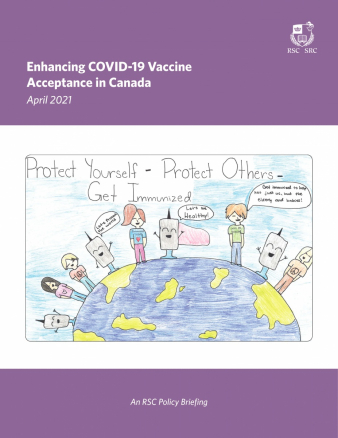COVID-19 vaccine acceptance (the intent to receive a vaccine i.e. attitude not a behaviour) exists on a continuum ranging from a small minority of people who strongly oppose vaccination, through the heterogeneous ‘vaccine-hesitant’ or the ‘moveable middle’ group with varying levels of concern and uncertainty, to the majority who are willing to be vaccinated but may not turn their intention into action.
However, vaccine acceptance varies over time as personal decisions may be influenced by many factors. These include
- knowledge, attitudes, cultural and religious beliefs;
- the communication environment including social networks;
- the rate of COVID-19 in a community, and
- the organization of health and community services and policies.
Therefore to engage and empower people to make informed choices about COVID-19 vaccines, we need carefully designed interventions tailored to community needs and concerns that build trust in health authorities and those delivering vaccines, as well as promote acceptance.
The Royal Society of Canada (RSC) Working Group on COVID-19 Vaccine Acceptance has developed a COVID-19 Vaccine Acceptance Framework, inspired by the one prepared by Hasnan and Tan and with the World Health Assembly’s Immunization Agenda 2030 goal of leaving no one behind.
Given the complexity of factors that influence vaccine acceptance, the Working Group has emphasized four major inter-related factors:
- People & communities
- Health care workers
- Accurate and reliable immunization knowledge
- the Health care system and public health programs.
Each has implications at federal/provincial/territorial/Indigenous levels and are influenced by the four overarching areas of education, infection control, extent of collaborations and communications about COVID-19 disease and COVID-19 immunization.
"The objective of our report is to provide decision makers and colleagues on the front lines with actionable, evidence-based guidance,” said Chair Dr. Noni MacDonald, Chair of the Working Group.

